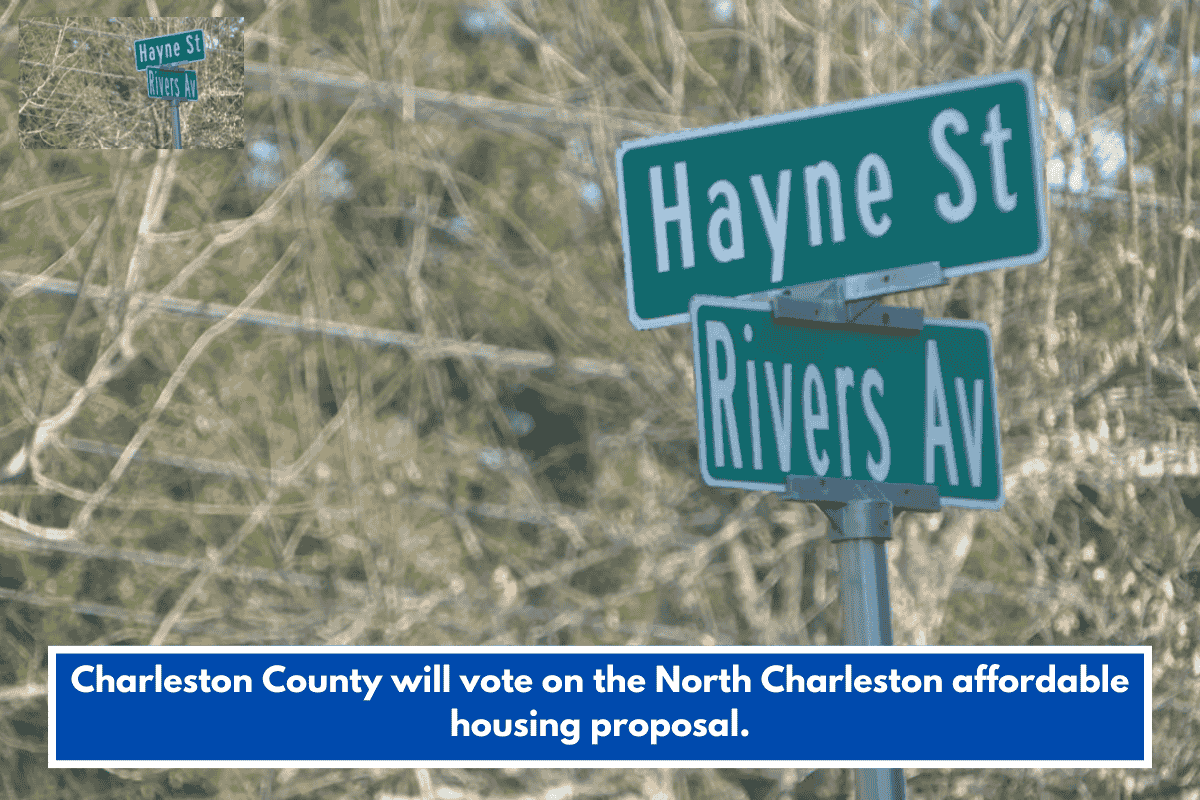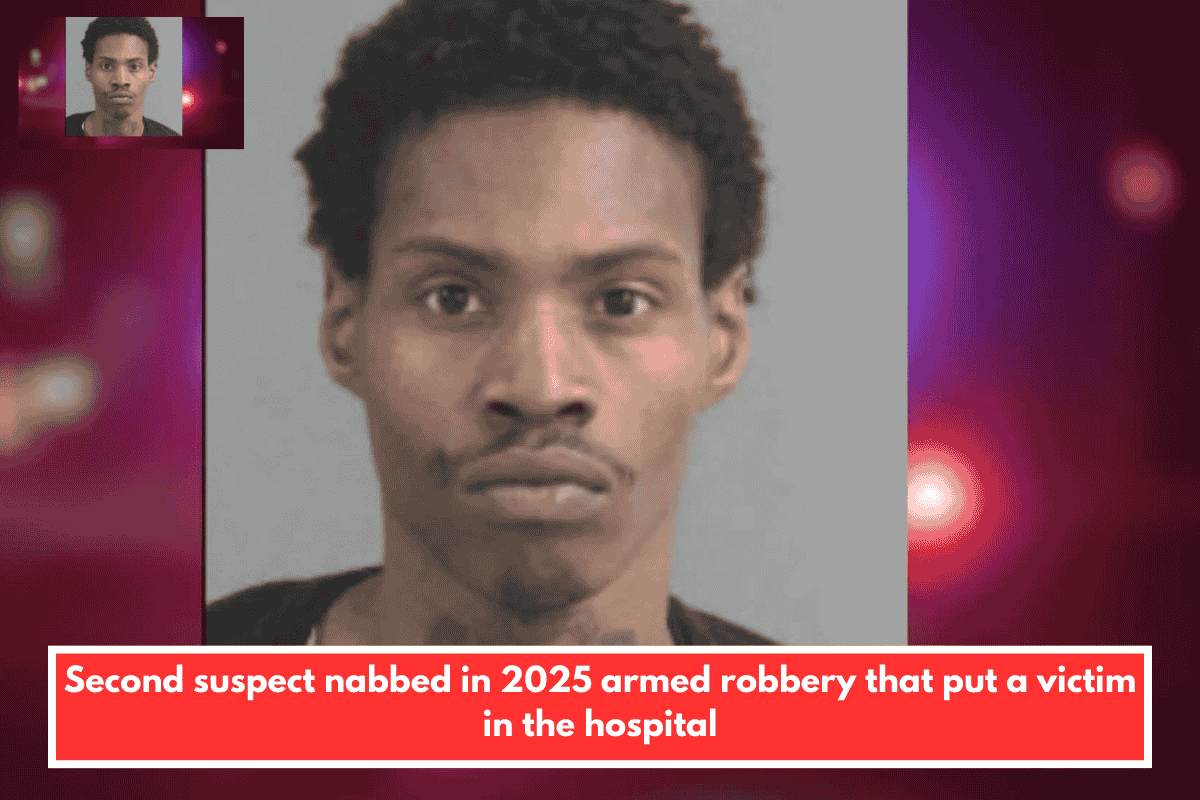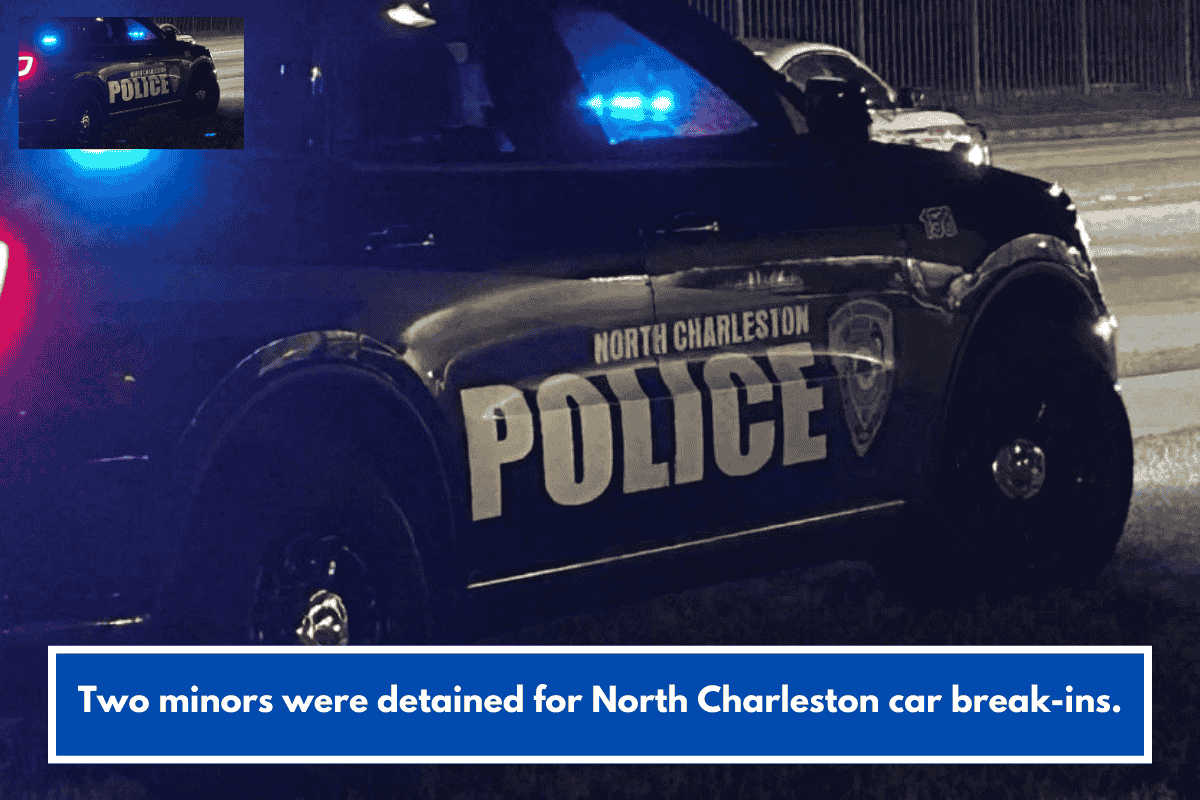Charleston, South Carolina – The taps at six Charleston-area breweries have been quiet for the past year, but the Lowcountry’s passion of craft beer remains strong.
In under a year, Bevi Bene, Cooper River, Fatty’s, Palmetto, The Brew Cellar, and Tradesman Brewing have all poured their final pints, at least in their original locations.
Each closure has its own unique narrative.
Palmetto Brewing, one of Charleston’s oldest craft breweries, closed after its lease expired and debt mounted.
Fatty’s Beer Works cited downtown real estate costs as a major hurdle.
Tradesman Brewing Company is currently seeking a new space and still brewing in the meantime.
Cooper River Brewing Company cited declining demand following the pandemic, closing their taproom but still brewing.
Bevi Bene Brewing Company shuttered its taproom but continues production.
The Brew Cellar pointed to South Carolina’s steep liquor liability laws as the reason for its last call.
Despite the closures, industry insiders say Charleston’s beer sector is evolving.
“Gen Z and Millennials are now looking for alternatives to alcohol,” says David McLain, founder and CEO of Fatty’s Beer Works. “They’re just not drinking like our generation used to.”
According to a recent Gallup study, slightly more than half of American adults now consume alcohol, a significant decrease from prior decades. McLain claims that this trend, combined with rising business costs, has made it impossible for many independent brewers to survive.
“Liquor liability costs are going through the roof,” Mr. McLain remarked. “It’s just the cost of business now is a lot more expensive than it used to be.”
But, across the bay on Johns Island, Low Tide Brewing is demonstrating that good planning and community attention can keep the craft scene alive.
According to founder Mike Fielding, success now requires thinking beyond the bar.
“It’s not rocket science – good product, good service, good value,” Fielding told me.
Low Tide just announced a $22.2 million expansion, which includes a large new facility on their property. The design incorporates outdoor stages, event space, and lots of area to brew, all with the community in mind.
“With all this equipment, you’re at the mercy of your landlord,” Fielding told you. “Being able to be in control of your own destiny is just so important.”
Back downtown, McLain has chosen a similar path, opting for a cooperation arrangement rather than closing completely.
“Fatty’s, we’re not done by any means,” they replied. “We have a fantastic brewing partner right now up in North Charleston at Holy City.” They’re producing our recipes on a greater scale, using better equipment.”
As some brewers pull down and others expand, industry insiders anticipate more shared brewing spaces, pop-up beer gardens, and joint releases, a creative reworking of Charleston’s once-thriving taproom culture.
Fielding feels that the essence of craft beer has always been about connecting.
“There’s a pandemic of loneliness out there, and beer is the perfect social lubricant,” he told me. “People need to get out, talk, and be together again.”
While some kegs may have been booted, the Lowcountry’s beer scene is anything but flat. It’s simply about discovering new methods to pour.
Low Tide Brewing aims to establish its new Johns Island location by next fall.














